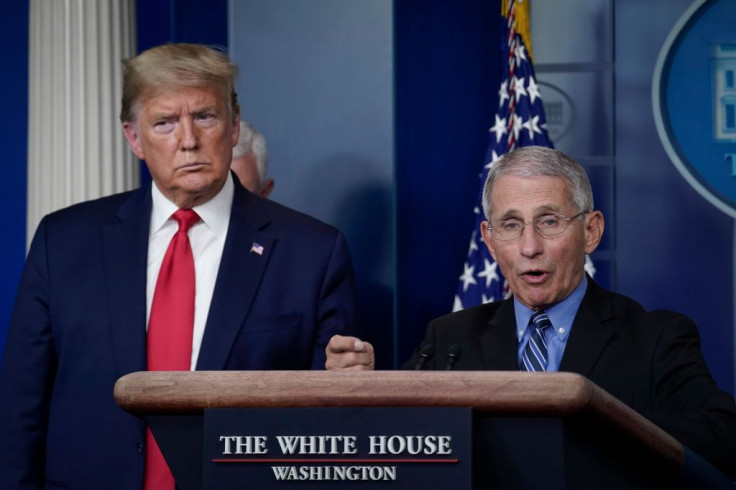
The Republican U.S. senators plan to introduce legislation to address the growing privacy concerns surrounding the COVID-19 tracking applications being developed by technology companies to help fight the pandemic.
The bill introduced yesterday will “hold businesses accountable to consumers if they use personal data to fight the COVID-19 pandemic.” The Commerce Committee that introduced the bill is being chaired by Senator Roger Wicker.
Tech giants like Apple and Google are already working with global epidemiologists and public health officials to come up with apps that could help people notify the authorities about the people they have come in contact with, just in case he or she is diagnosed with COVID-19.
The new bill introduced by the U.S. Senate will allow such companies to build apps and platforms to help flatten the curve for coronavirus infections while maintaining the privacy of the U.S. citizens.
The bill requires companies to take consent from people for collecting their data and to mention explicitly what they intend to do with the data and where will it be used. It also mentions that the data being submitted anonymously does not identify the identity of the individual concerned.
Lastly, the bill mentions that the company will have to delete any “personally identifiable information” once it is no longer being used for COVID-19 contact tracing in the U.S.
Flattening the coronavirus curve is the need of the hour. Tracking and isolating people who could be carriers for coronavirus and have come in contact with COVID-19 position people is the most important thing at the moment to be able to achieve the objective of flattening the curve.
However, to ensure that COVID-19 contact tracing is done without intruding people’s privacy is a big challenge for public health experts and this is why they need to discuss with the tech companies to make sure that the anonymous data remains anonymous.
Many times, anonymous data collected by tech companies can easily be converted to reveal the personalized details of the user, including name, location, phone number, and contacts among others.
If people accept government data tracking, which is supposed to help with controlling the pandemic, the tracking capability is meant to become an innate part of their lives.
“ In this particular case, if we have the technology for minimizing harm, we have a moral obligation to use it,” said Marcello Lenca, a bioethicist at the Swiss university ETH Zurich. “But we have to merge it with the best available technology in the areas of cybersecurity and privacy.”
© 2025 Latin Times. All rights reserved. Do not reproduce without permission.




